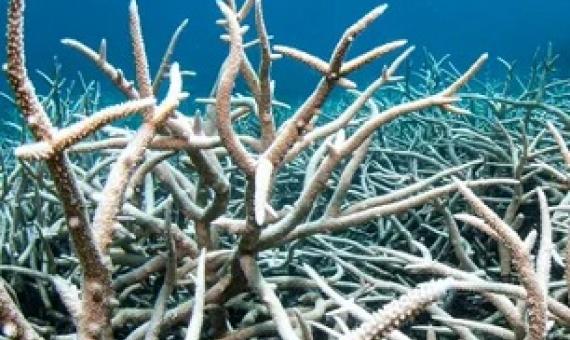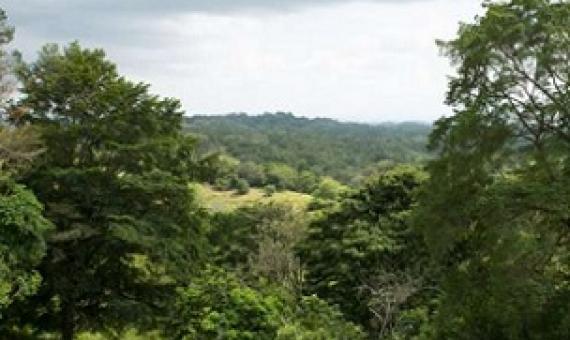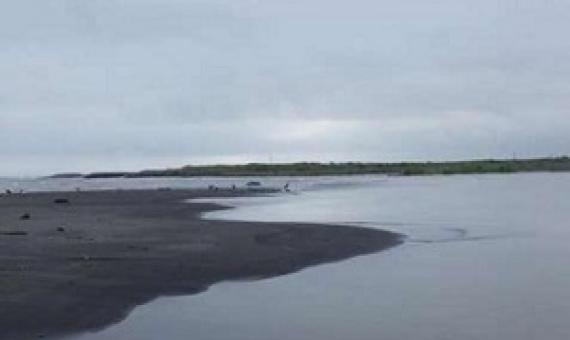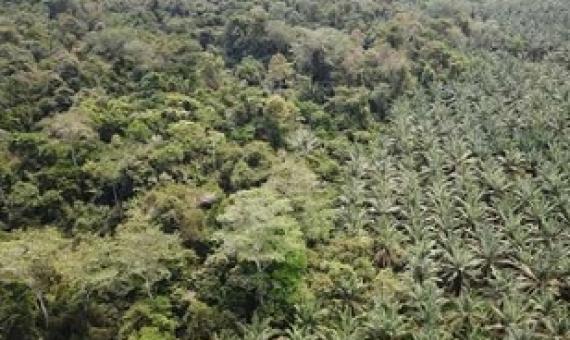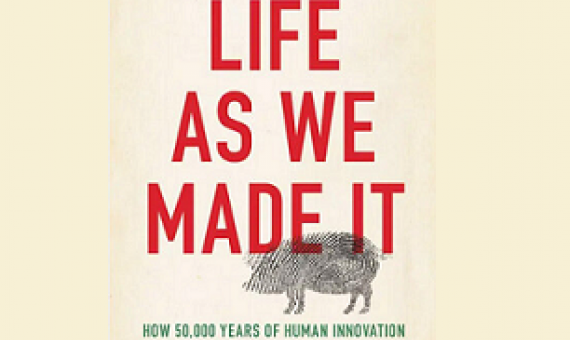Hopes that enough of the Great Barrier Reef could escape global heating long enough for it to recover have been challenged by research finding less than 2% of its coral reefs have escaped bleaching since 1998.
With the United Nations climate conference in Glasgow, the world is focused on the consequences of a climate crisis and how we can still change course.
New research, published in Scientific Reports by Smithsonian Tropical Research Institute (STRI) postdoctoral fellow Karina Chavarria and colleagues, shows that bacterial communities in streams adjacent to young secondary forests recover to resemble those of mature forest stream
Scientists have long suspected that coralline algae are particularly sensitive to changes in ocean chemistry. Now, researchers have found that most species of coralline algae studied are negatively affected by ocean acidification.
A team of scientists from Japan determined that the amount of forest and farmland surrounding rivers as they flow into the open sea impacts the number of threatened fish species in Japan's estuaries.
Sites containing some of the world's most treasured forests, including the Yosemite National Park and Indonesia's Sumatra rainforest, have been emitting more heat-trapping carbon dioxide than they have absorbed in recent years, a U.N.-backed report said.
There can be "trade-offs" between increasing human wellbeing and improving the resilience of societies and ecosystems, researchers say.
Knowing the steps is not the same thing as knowing how to dance. Similarly, policy interventions to stop deforestation are most effective when enacted in a certain order, according to a new Stanford study. The first-of-its-kind analysis, published Oct.
Scientists’ warning – The outstanding biodiversity of islands is in peril
Despite islands contributing only 6.7% of land surface area, they harbor ~20% of the Earth’s biodiversity, but unfortunately also ~50% of the threatened species and 75% of the known extinctions since the European expansion around the globe. Due to their geological and geographic history and characteristics, islands act simultaneously as cradles of evolutionary diversity and museums of formerly widespread lineages—elements that permit islands to achieve an outstanding endemicity.
In her new book, UC Santa Cruz biologist Beth Shapiro argues that while gene-editing technology is giving humans remarkable new powers, we have been manipulating other species for as long as we have existed.

